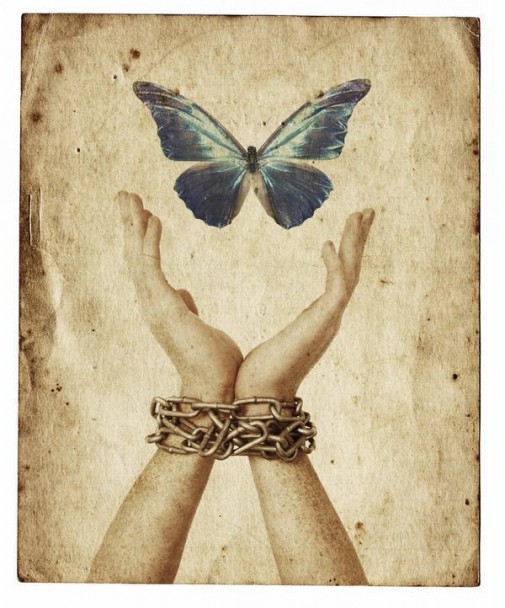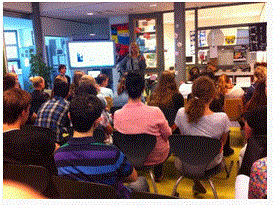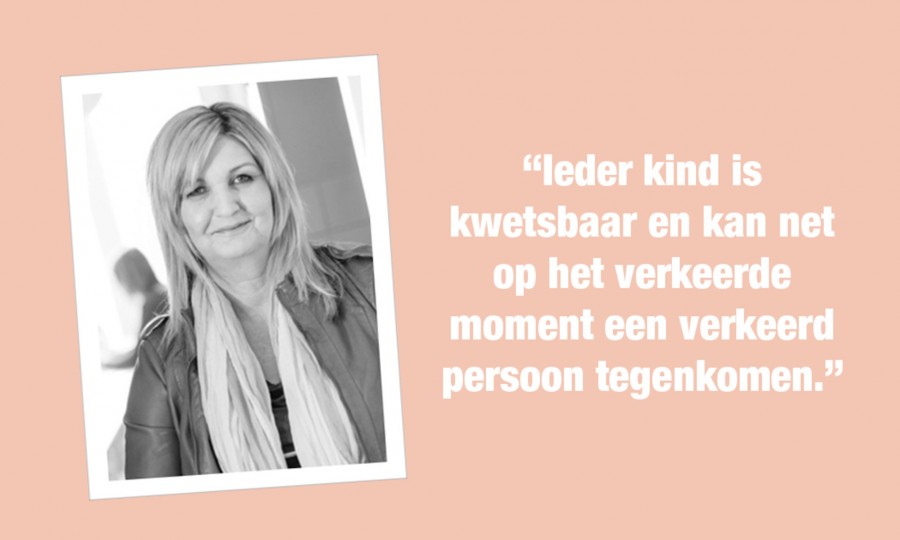An important Questionnaire by Stop Loverboys Netherlands

by Milena Rampoldi, ProMosaik e.V. – In the following you will find a questionnaire who was sent to me by the Dutch organisation Stop Loverboys. We have already talked about the Loverboy risk we consider a problem the society in whole has to solve without judging the victims. In Germany we had spoken with Bärbel Kannemann of NO LOVERBOYS Berlin and with Bianca Biwer of Weisser Ring e.V. in Mainz.
The following interview made by Stop Loverboys, the Dutch organisation founded by Anita de Wit and dealing with the victims in the Netherlands, is very useful to understand the phenomenon of the loverboy, and also of the loverwoman. Everyone can become victim of a loverboy because loverboys simply play the normal, lovely guys and do not show their real face from the beginning. The best strategy to fight the phenomenon is information, information, information. And the second aspect is not to accuse victims, as they are and have to remain victims. To know more about Stop Loverboys: http://www.stoploverboys.nu/nl/
Question 1
|
Can you tell
me something about the person (victim) / her personal background (family, education, social environment)? |
||
Demographically speaking, this could be anyone. From
all layers of society. However, it’s always people who are emotionally vulnerable. Puberty is a time in life of great emotional vulnerability, thus teenage girls make a great victim. |
Question 2
|
How do
victims first meet their future perpetrators? Are there any typical places where they get in touch with the victims? |
|
We see a shift towards online here. It used to be
public places like school, mall, sports club etc. Nowadays it’s more online social environments like Facebook, SnapChat, Skype, chartrooms, etc. |
|
Question 3
Why do you
think the perpetrators’ tactics are so successful? |
|
They’re great liars. They are often fully convinced
that what they do is not wrong or harmful. So they have no emotional boundaries to stop them from the way they operate. |
|
Question 4
At what point
does the perpetrator’s behaviour towards the victim change? Can you tell me in what way it changes? |
|
As soon as they have some blackmailing material.
Online, this could be a screenshot of a girl showing her breasts before the webcam. In a real life meeting, this could be material of how she is gang raped. |
|
Question 5
Does the
perpetrator put any kind of pressure on the victim, and if so, what kind of pressure? |
|
See Q4. Blackmailing.
|
|
Question 6
Can you tell
me at what point the victim usually first starts to feel like something had changed? |
|
With modern tactics this is really not very subtle
anymore. One day is still filled with sweet words and compliments, the other day, when there is a moment for blackmailing material, it will change to serious threats, blackmailing and name-calling to make the victim feel worthless. In a physical meeting often combined with physical abuse and/or rape. |
|
Question 7
How long have
the victims that are known to you been involved in this situation? |
|
Depends. Some have been in the circuit for years
without seeing a way out. Others already have the strength and courage to contact help after a few months. |
|
Question 8
How do the
victims get out of the situation? |
 Often they don’t. But if they do, it’s through an Often they don’t. But if they do, it’s through anorganisation like StopLoverboysNU. A place where they know they will be understood and where they have the feeling where they can share their story without having to reveil their identity immediately. It’s all about trust. Often these girls don’t go to the police, because they have the feeling that |
|
Question 9
Did anybody
around the victim recognise a change in her behaviour? If yes, did they address it? |
|
Often we hear afterwards that people thought the
girl was acting differently, but they could not point out what it was. This is also the time in the life of the girls that they start to develop their own identity, patterns and private life. Parents don’t always know anymore what’s going on. And what if you try to talk to your daughter about her changed behaviour, but she only says that everything is fine and that you shouldn’t meddle? |
|
Question
10
Did the
victims get any help from their family/friends/teachers? |
|
Often they didn’t. A loverboy tactic is to isolate
their victims from their friends and relatives. Physically by taking up all her time so she can’t see them anymore, but also emotionally by making her feel absolutely worthless. |
|
Question
11
Did the
victims get help/support from organisations like the police or victim support groups? In what way? |
|
See
Q8. |
|
Question
12
How did the
experience affect the victim’s life? |
|
Drastically. Normal life is put on hold, school
often fails, enormous damage is done to the mental state of the victim, and this needs years to recover. Imagine a very bright girl who gets into a loverboy situation at 14yrs. She gets out when she’s 16, but she has hardly been to school for the last 2 years and failed all tests. She starts the recovery process and she’s ready to lead a normal life again when she’s 18yrs. If this never happened to her, she might have been able to go to university. Now she probably has to take a job at a local shop or restaurant and start life over again. Also, in the process she will have lost all her friends and needs to build up a new social circle. And last but not least: The whole experience will leave a scar on the victims life that she can learn to live with, but she will never forget. |

Question
13
13
|
What kind of
help do the victims get from friends/family/state officials? |
|
Friends and family often don’t know what to do, if
they even recognise what’s going on. That’s also what our organisation focuses on, to teach these people how to handle it and recognise it. For minors there are many organisations who can help victims of abuse. If |
|
Question
14
Do you know
what happened to the perpetrators? Did they get arrested? How does that make the victims feel? |
|
Often they got a very low punishment because of lack
of evidence. The victims often don’t dare to confess out of fear and shame. And the perpetrators are liars with psychopathic problems who deny they did anything wrong. However, this is getting better. In the past, punishments were often only 1-3 years. Now we also see punishments of up to 8 years. Mainly because they are often part of a big human trafficking network with dozens of victims by their hands. |
|
Question
15
Are victims
usually satisfied with the criminal justice response? Do they feel understood and well assisted by the police/judiciary? |
|
Hardly. It’s getting better, as said in Q14, but if
someone destroyed your life and your future, it’s just not good enough to know that he’ll be free again in a few years. By the time the victim is ready to go to the police, they do feel understood by the judiciary, but a network of lies often just makes it hard for the instances to see the truth. The more girls get over their own fear and shame and confess to the police, the easier it will be to prosecute. |



